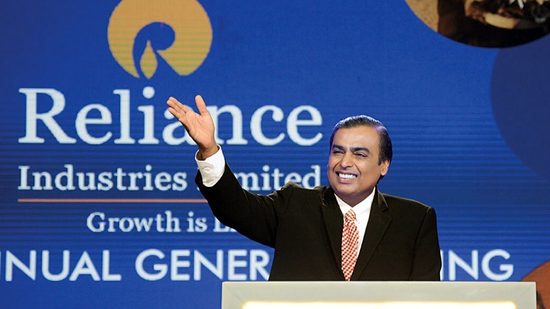
Introduction
In recent market movements, IndiGo stock dips by 3% following significant changes in ownership, with a 6.7% stake changing hands. This shift has raised speculation, with Rakesh Gangwal emerging as a likely seller. In this analysis, we delve into the factors influencing this stock movement and explore potential implications for investors.
Overview of IndiGo
IndiGo, operated by InterGlobe Aviation Limited, is India’s largest passenger airline with a dominant market share. Renowned for its efficient operations and low-cost model, IndiGo has consistently delivered strong financial performance, making it a favorite among investors.
Recent Stake Changes
The recent transaction involving a 6.7% stake in IndiGo has caught the attention of market participants. While the buyer remains undisclosed, the emergence of Rakesh Gangwal as a likely seller has sparked interest and raised questions about the motivations behind this move.
Analysis of Stock Decline
The 3% decline in IndiGo’s stock price following the stake changes warrants a closer examination. Several factors may have contributed to this downward movement:
1. Investor Sentiment
Investor sentiment plays a crucial role in determining stock prices. The uncertainty surrounding the stake changes and the involvement of key stakeholders like Rakesh Gangwal can influence market sentiment, leading to short-term price fluctuations.
2. Impact on Corporate Governance
Rakesh Gangwal’s potential divestment raises concerns about corporate governance within IndiGo. Investors may perceive this move as a signal of internal conflicts or disagreements, impacting the company’s credibility and investor confidence.
3. Market Reaction to Ownership Changes
Changes in ownership structure can trigger market reactions, especially if they involve significant stakeholders. The absence of clarity regarding the buyer’s identity and their intentions adds to the uncertainty, prompting investors to reassess their positions and adjust their portfolios accordingly.
Potential Implications
The implications of IndiGo’s stock decline and stake changes extend beyond immediate market reactions:
1. Investor Confidence
The decline in Indigo stock price may erode investor confidence in IndiGo’s long-term prospects. Transparency and effective communication from company management are essential to reassure investors and mitigate concerns about the stability of the business.
2. Strategic Direction
Stake changes often signal shifts in strategic direction or changes in ownership objectives. Understanding the underlying motives behind these transactions is crucial for investors to assess the company’s future trajectory and make informed decisions.
3. Competitive Landscape
IndiGo operates in a highly competitive aviation industry, where market dynamics and regulatory changes can impact profitability. Stake changes may influence IndiGo’s competitive position, requiring a strategic response to maintain market leadership.
Conclusion
IndiGo stock price dips following stake changes underscores the complexities of the market and the importance of understanding underlying factors driving investor sentiment. As stakeholders monitor developments closely, clear communication and proactive measures from company management will be critical in restoring investor confidence and navigating challenges effectively.







